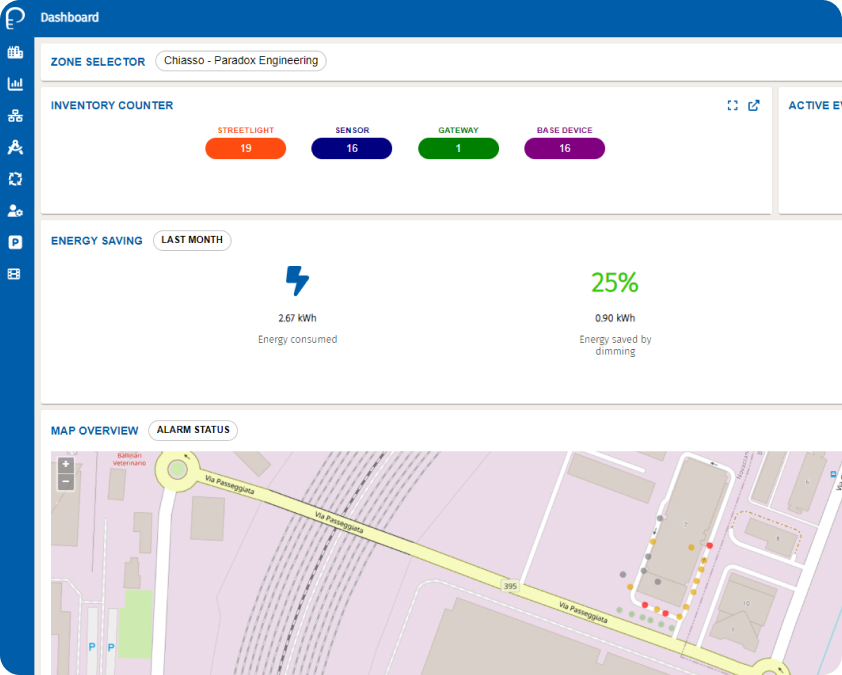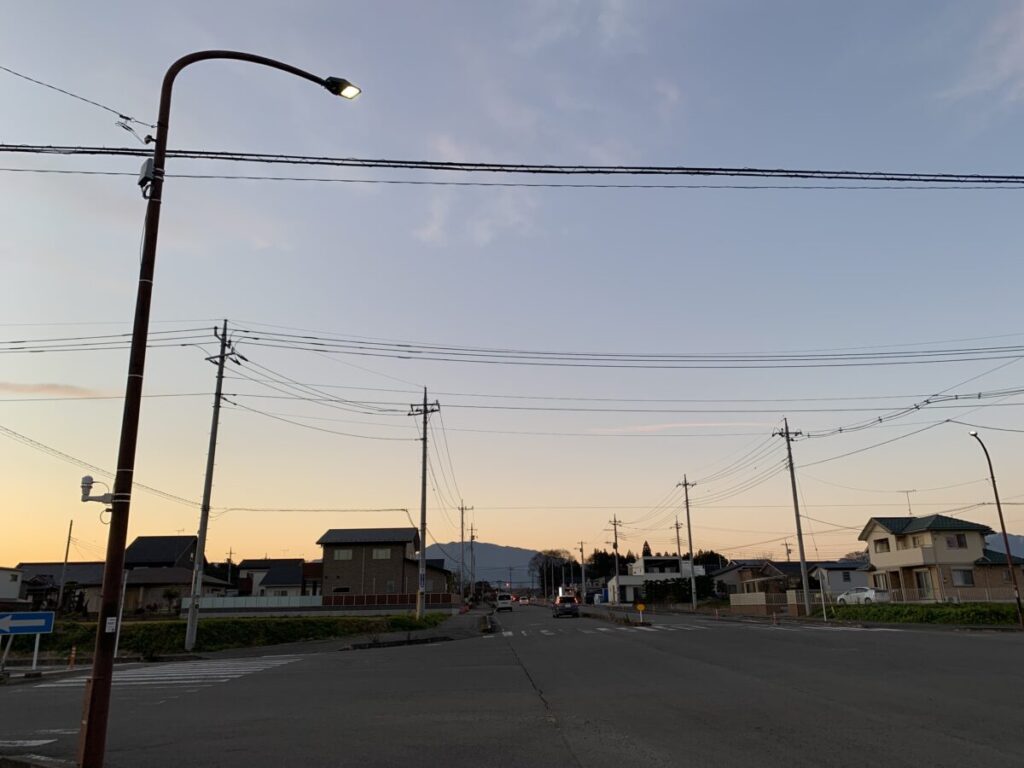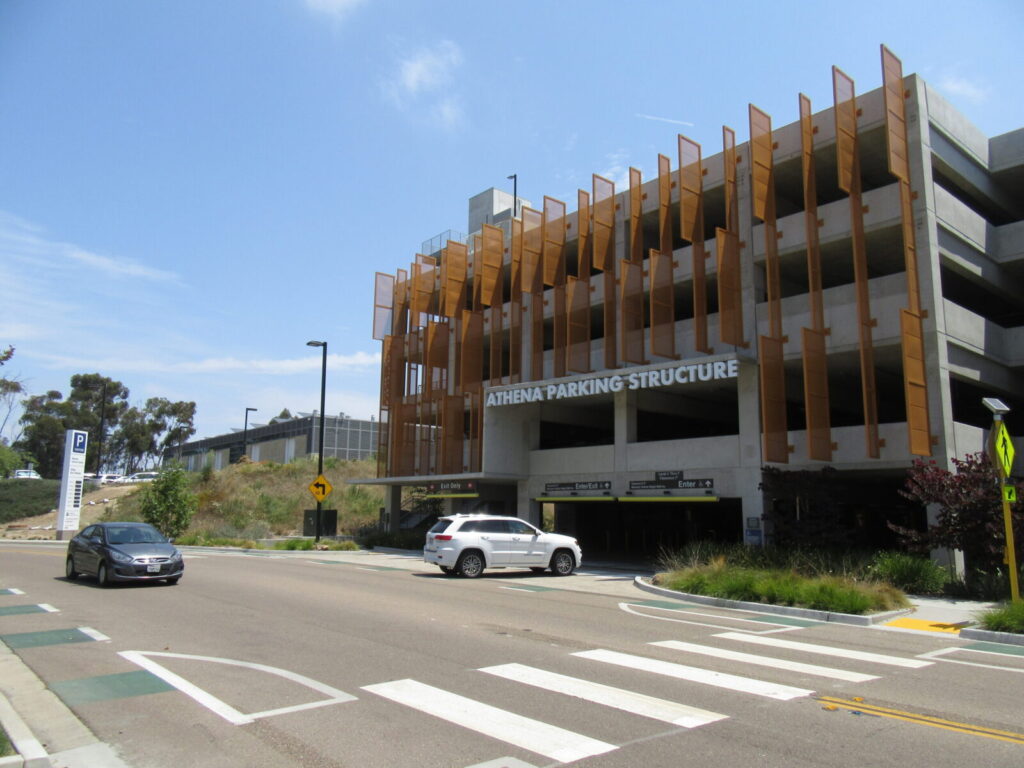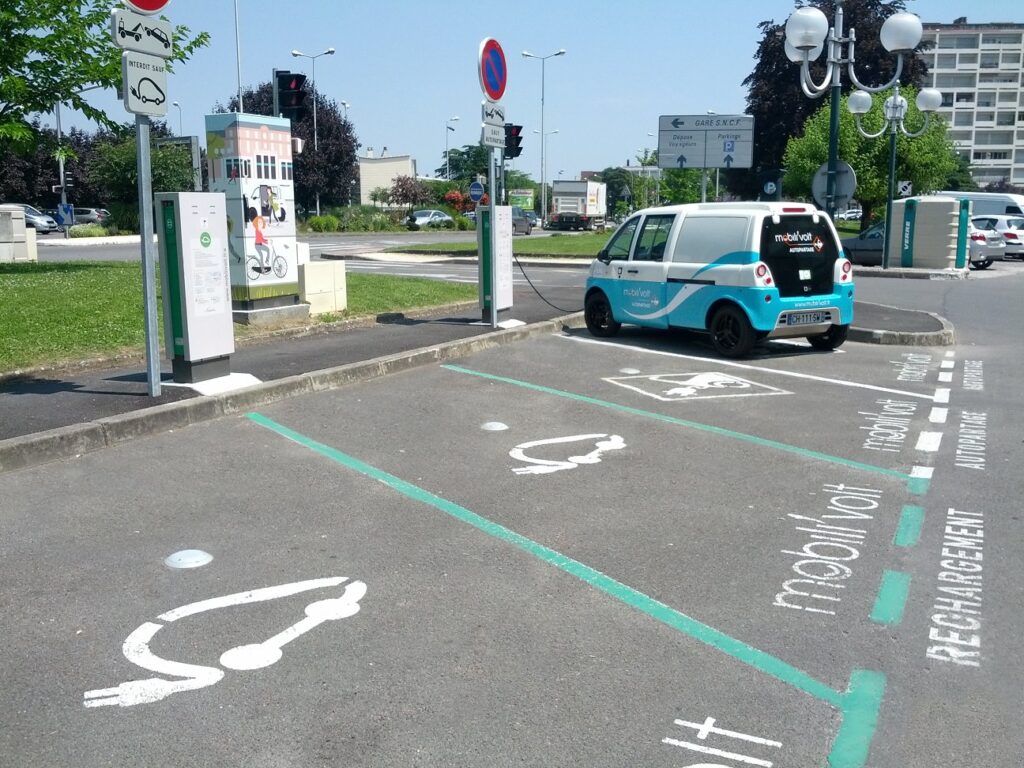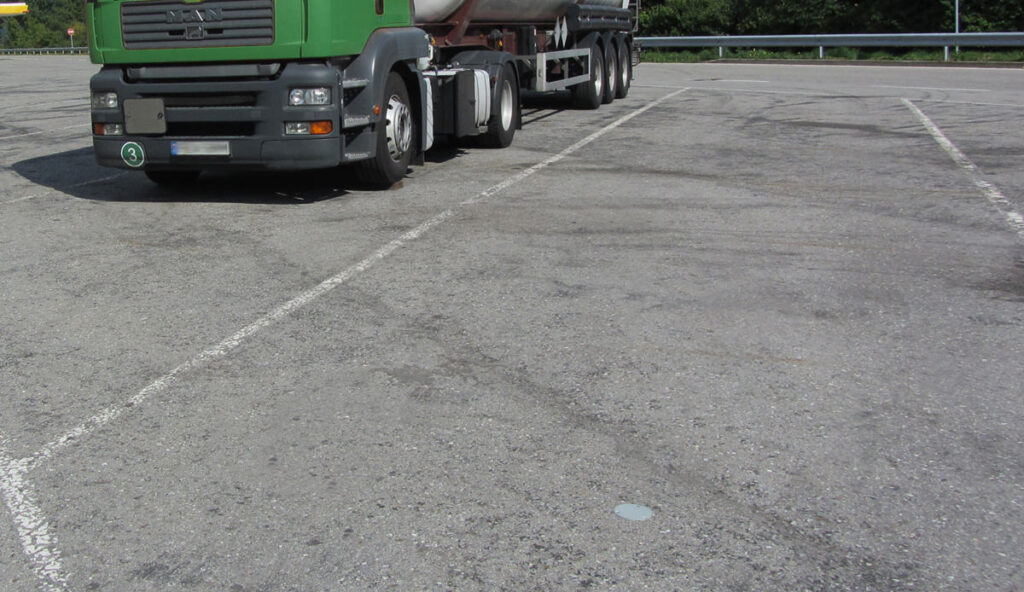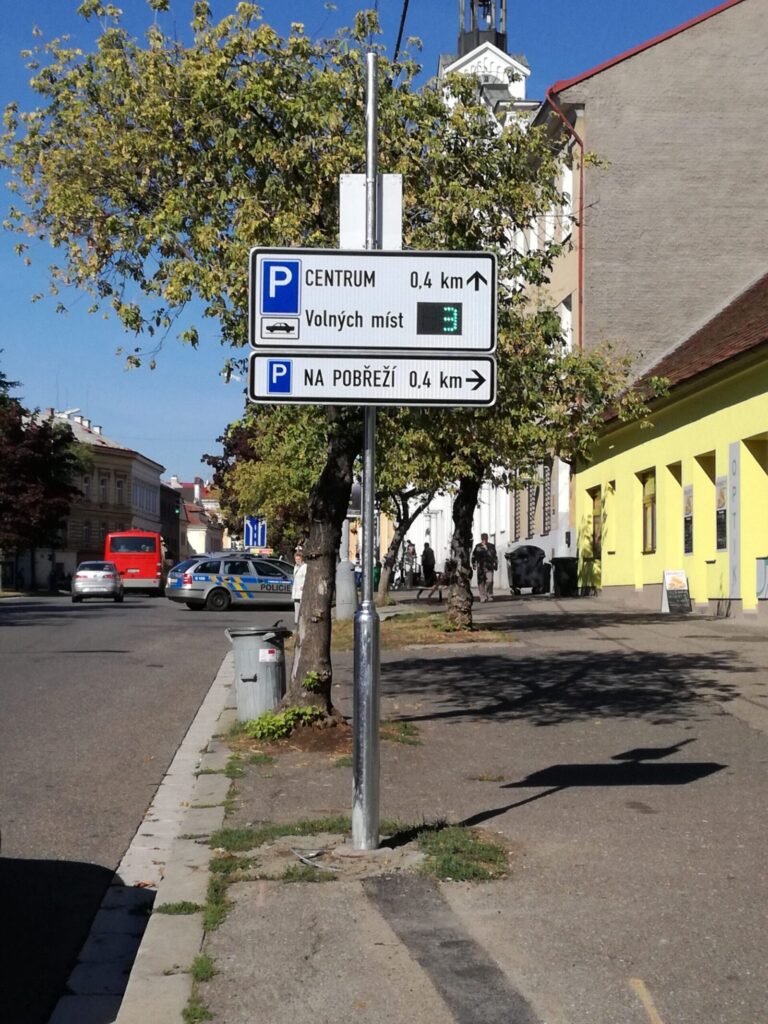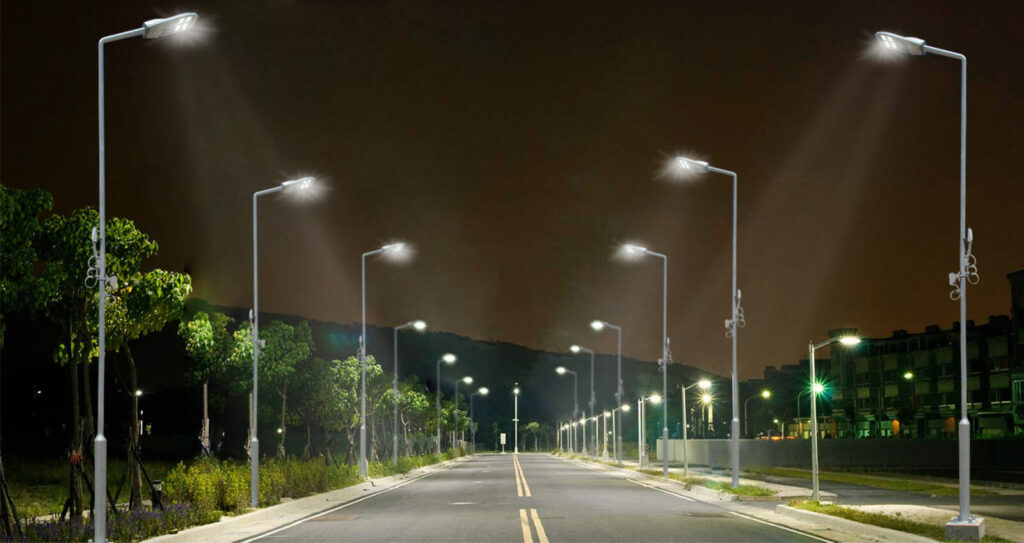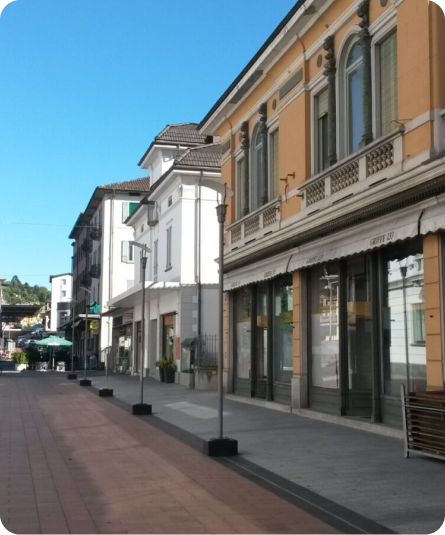IoT & Smart Cities
Smart Waste
Solid Waste Management represents an opportunity
to improve the quality of urban life.
City Challenges
Waste management is a resource-intense service that is expected to grow as the urban population grows. The financial costs, the environmental impact and the health implications that waste management generate are already putting pressure on city managers and waste operating companies to change the way urban waste has been handled. Rather than a passive approach, which relies on fixed routes and pre-set collection days, a data-drive approach based on dynamic routing and filling-level collection would optimize garbage truck schedule, route, and costs, in turn reducing CO2 emissions generated by unnecessary trips of the truck fleet.
Thanks to connected bins, city managers can monitor bins’ filling levels, preventing health issues deriving from overflowing containers.

Benefits of our Solution
Our Smart Waste Solution enables cities to optimize solid waste collection and the process of route-planning and scheduling for trucks, reducing the number of truck rolls and the mileage associated with them, which in turn reduces the fleet carbon footprint and urban congestion.
By equipping waste bins with our 6LoWPAN sensors, it is possible to collect and send data about filling levels and other parameters, to predict when the bin will need to be emptied. Based on historical data provided by the sensors, our Smart Central Management System (CMS) predicts filling levels, and generates alerts in case of fire, vandalism, or unauthorized bin movements. The intelligent routing software can correlate data including types of containers, their locations and ownership details, sorting centers, truck fleet operation history as well as maps and traffic, dynamic routing, and weather information. This allows trucks to be dispatched when the bins are close to full (or when the city prefers), following an optimized routing.
Interested in our
Smart Waste Solution?
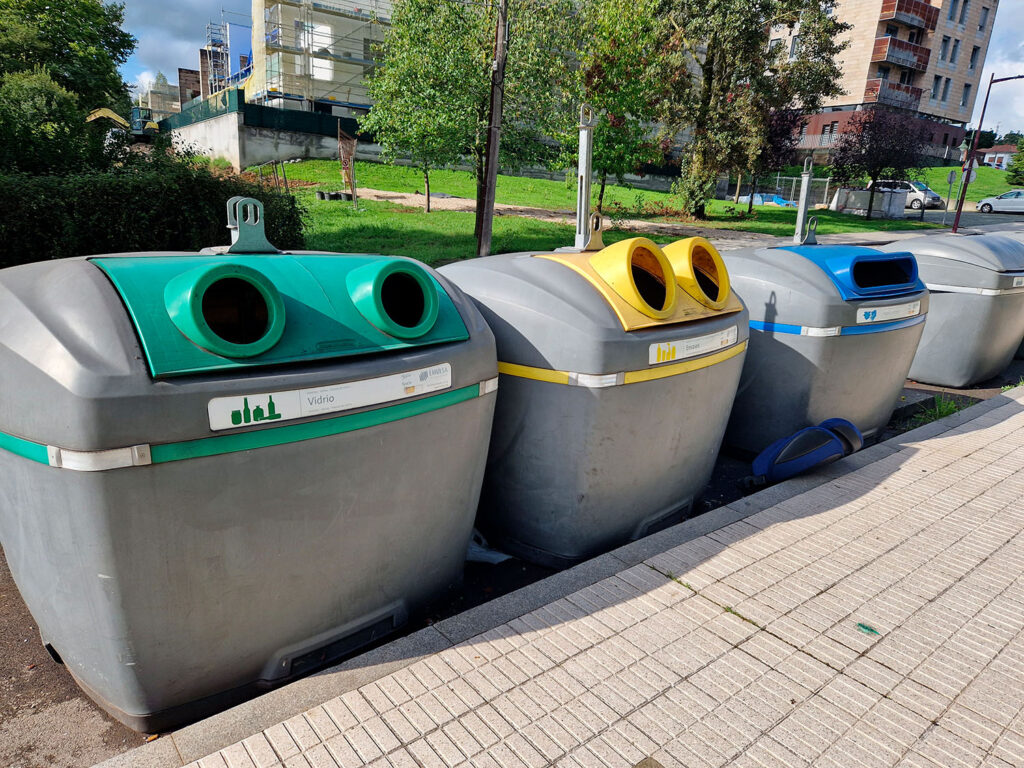
Our Solution in Detail
Our Smart Waste Sensors can be easily installed in solid waste bins around the city and connected to the existing wireless network of smart lighting. Using radar sensor technology, the Smart Waste Sensor continuously monitors and sends data about the filling-level of almost any material in multiple container types, date/time of waste collection, truck ID, alerts in case of vandalism.
The measurements from waste bins are automatically communicated to the Smart CMS through the existing smart city network infrastructure.
Hardware security module and strong data encryption features ensure data protection, safe storage, and trusted network communication. Security features are available without additional cost.
Applications
Municipal solid
waste collection
Household
waste
Industrial
waste
Office
waste
Our projects in the world
Thanks to our integrated portfolio of future proof Internet of Things solutions for open cities and other smart environments, we deploy interoperable and highly scalable network infrastructures for industrial and urban applications around the world. Discover our projects and hear from our customers about their experience.
